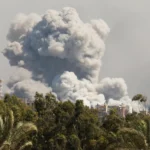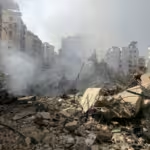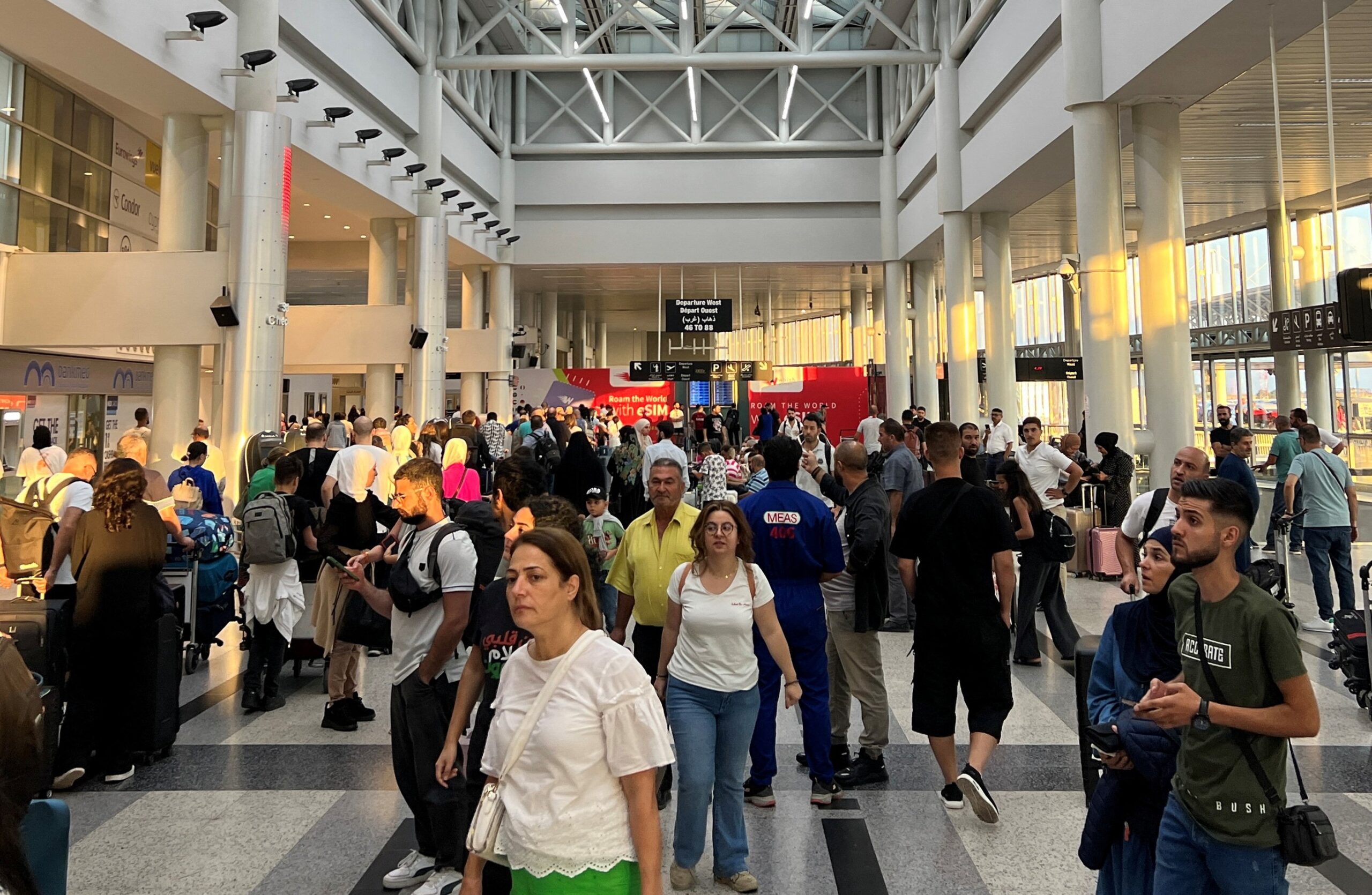France and Qatar have flown in 27 metric tonnes of humanitarian aid to Lebanon in cooperation, French Foreign Minister Jean-Noel Barrot announced on Tuesday as the world keeps up with efforts to tackle the situation there as it worsens. The necessities, including medicines, blankets, hygiene kits, and other primary requirements, arrived on military planes from both countries in a joint effort to stem the worsening humanitarian situation in Lebanon.
Barrot, addressing lawmakers in France’s parliament, described the situation as urgent, penning a warning that Lebanon may end up being “a hub of instability for smuggling, terrorism, and a departure point for large-scale migration to Europe” unless immediate action is taken. The delivery forms part of France’s more significant push to step up humanitarian aid to Lebanon even as it pushes for a ceasefire that will only halt more escalation of conflicts.
Traditionally an ally of France, Lebanon has borne the brunt of recent fighting. Particularly following Israeli air strikes on southern Beirut that killed Hezbollah leader Hassan Nasrallah and uprooted thousands of civilians, Israel began its ground invasion of Lebanon in late September 30. Talks by France, the United States, and other countries arworldwidehat had been made to establish a ceasefire had been stalled.
HuAccording to him, humanitarianid from France and Qatar aims to help local organisations in Lebanon, as they will be able to treat the wounded and bring relief to people displaced from their homes by the violence, Barrot also underlined the fact that this proposal for a ceasefire needs to be accepted by both sides because, as he asserts, it is essential to “give peace and negotiations a chance to secure the sovereignty of Lebanon and security for Israel.
Apart from the spontaneous relief work, France iswillrganise a conference on how best to assist Lebanon in resolving its intricate issues. Three action points are set to dominate the agenda: continued humanitarian aid, support for the Lebanese army, and filling up the political vacuum that has been there and allowed the dysfunction to run rife.
In this context, Barrot’s statements make sense: France continues to maintain diplomatic relations with all the world’s powers – especially the United States – in looking for an end to the crisis in Lebanon. Still, the prospect of peace remains uncertain, and the French government is bent on moving the approach towards much greater international involvement and a durable outcome that would guarantee boability in the region and help for the victims of conflict.















